Russia has agreed to halt all attacks on Ukraine’s energy infrastructure for 30 days if only Ukraine does the same, the Kremlin said Tuesday after a phone call between U.S. President Donald Trump and Russian President Vladimir Putin.
However, according to statements from both governments, Trump and Putin were unable to agree on a general cease-fire in the war in Ukraine.
In a statement released by the White House after the talks, negotiations on this are to “begin immediately” in the Middle East.
“The leaders agreed that the movement to peace will begin with an energy and infrastructure cease-fire, as well as technical negotiations on implementation of a maritime cease-fire in the Black Sea, full cease-fire and permanent peace,” the White House said.
On his Truth Social platform, Trump described his conversation with Putin as “a very good and productive one.”
Trump said that he and Putin had “agreed to an immediate ceasefire on all energy and infrastructure, with an understanding that we will be working quickly to have a complete ceasefire and, ultimately, an end to this very horrible war between Russia and Ukraine.”
The Kremlin stated that Putin ordered his military to halt attacks on Ukrainian energy facilities. However, there was no indication as to when this would apply.
Zelenskyy endorses deal
Ukrainian President Volodymyr Zelenskyy told reporters in Kyiv that Ukraine is open to any proposals that lead to a sustainable and just peace, but stressed the need for full transparency in discussions.
Zelenskyy also warned in an online briefing that Putin wanted to “weaken” Ukraine and was “not ready to end this war”.
“After we get the details from the US president, from the U.S. side, we will give our answer,” he told reporters of the energy truce.
“Our side will maintain it” as long as Moscow abides by it, he said, adding that the U.S. should be “guarantors of control over the implementation”.
Putin said that Russia and Ukraine would each exchange 175 prisoners of war on Wednesday. Moscow would also release 23 seriously injured Ukrainian soldiers back home as a gesture of goodwill. The White House has not yet commented on this aspect but Zelenskyy confirmed the exchange on Tuesday, saying he was briefed on the matter by the Ukrainian intelligence services.
About the situation in the Russian Kursk region, Zelenskyy said the Ukrainian troops continue fighting there and he will not give an order to retreat, adding: “For now, we need this operation.”
The U.S. president has repeatedly voiced his goal of ending the war in Ukraine. Putin recently praised Trump’s efforts to find a solution to the Ukraine war, which Moscow sparked by launching a full-scale invasion of its smaller neighbor in February 2022.
However, the Kremlin chief has so far reacted cautiously to a U.S. proposal for a 30-day ceasefire, which Washington agreed with Kyiv in Saudi Arabia. Putin does not believe conditions for such a cessation have been met.
The Russian president has stated that the causes of the war must be clarified in order to find a lasting peace. For Russia, this includes a guarantee that Ukraine will not become a member of the Western military alliance NATO.
The Kremlin said that for a wide truce to work Ukraine must not be allowed to rearm.
“They are not ready to end this war, and we can see that. They are not ready even for the first step, which is a ceasefire,” Zelensky said, adding of Putin that “his whole game is to weaken” Ukraine.
European countries are meanwhile scrambling to reach consensus on how to support Ukraine and how to monitor a potential ceasefire without the reliable military and financial support that Washington had provided under previous president Joe Biden.
The call was the second publicized phone call between the two presidents since Trump returned to office in January. The move has revived dialogue with Russia, ending the long period of diplomatic silence between Washington and Moscow under the Biden administration.
Trump’s predecessor had sought to isolate Russia on the global stage following its invasion of Ukraine more than three years ago, aiming to pressure Moscow into ending the war through sweeping sanctions and punitive measures.
In contrast, Trump has pursued a more conciliatory approach, echoing his efforts to foster closer ties with Putin during his first term.

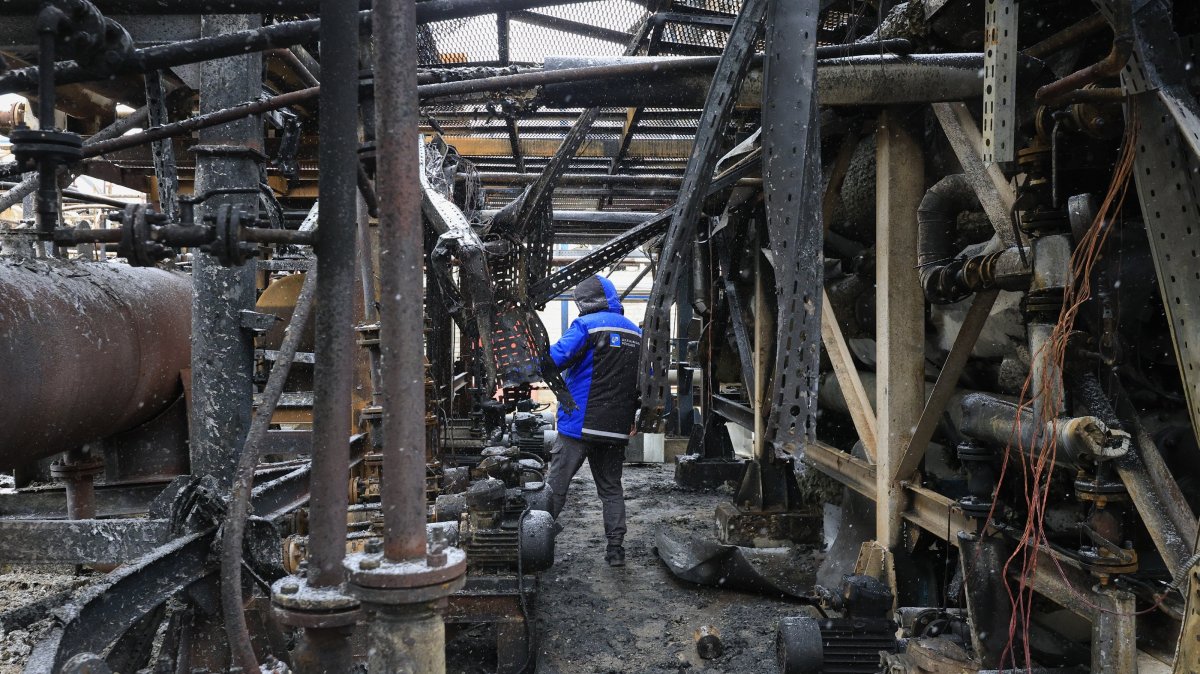



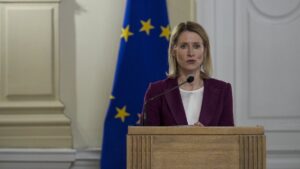
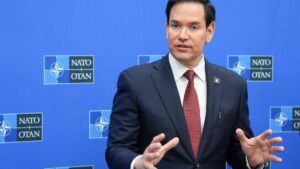

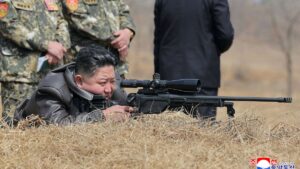
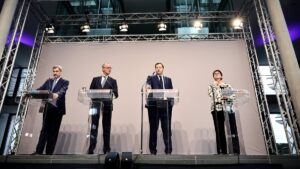

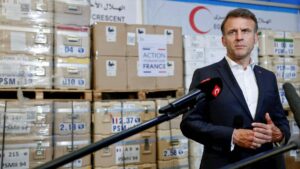








































Be First to Comment